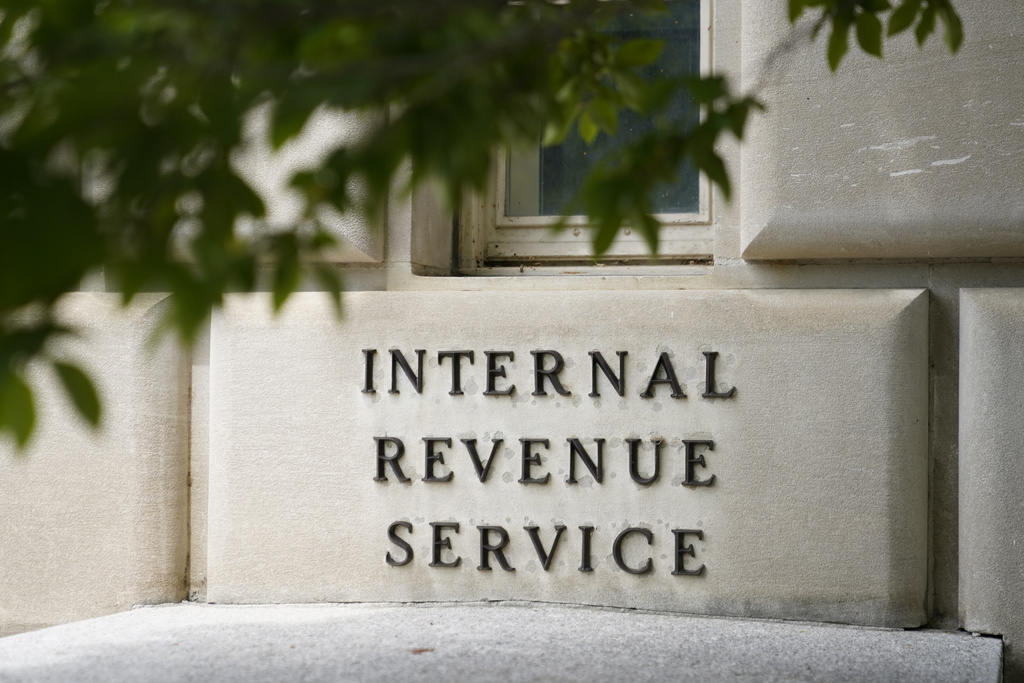

Tax Day is rapidly approaching on Monday, and it could have costly consequences if filers fail to file the necessary documents in time.
Most taxpayers must turn in their paperwork by 11:59 p.m. on April 15, but people in Maine and Massachusetts have until April 17 because of observed holidays. People in disaster zones will get an even longer extension to get their work in, along with those who have been affected by the Oct. 7 attack on Israel.
What happens if you fail to file on time?
A failure to file taxes and repay any money that’s owed to the IRS will lead to a penalty that could end up costing 5% of the amount of money owed for each month, or part of a month, that the tax return and payment are late, but not to exceed 25% of the amount due.
Any payments owed are due on the same day as the tax returns, but if filers cannot afford to pay the full amount, they are encouraged to pay some of the funds upfront and set up a payment plan to pay off the rest.
If it looks like a filer won’t meet the filing deadline, they can submit a Form 4868 by the end of Monday to get an automatic six-month extension. However, the form only extends the filing deadline and does not extend the payment deadline, so if money is owed, it would still be accruing from April 15.
It is also important to note that interest charges apply to the outstanding balance as well.
What happens if I make a mistake on my tax forms?
The first thing to do is to file an amended tax return. Common mistakes include forgetting to claim credits and reductions or forgetting a change in income.
People who make mistakes on their tax forms could be audited by the IRS, which means they will ask for additional information and documentation. Audits are performed on a case-by-case basis and depend on the severity and seriousness of the mistake.
CLICK HERE TO READ MORE FROM THE WASHINGTON EXAMINER
What will I need to file my taxes?
Filers generally need their Social Security cards, savings and investment records, tax credits, and eligible deductions. Employed filers will also need a W-2, unemployed filers will need a 1099-G, and self-employed filers will need to file a 1099.
Filers should also know their bank account and routing numbers so they can receive any refunds through direct deposits. A full list of all documents needed can be found here.







